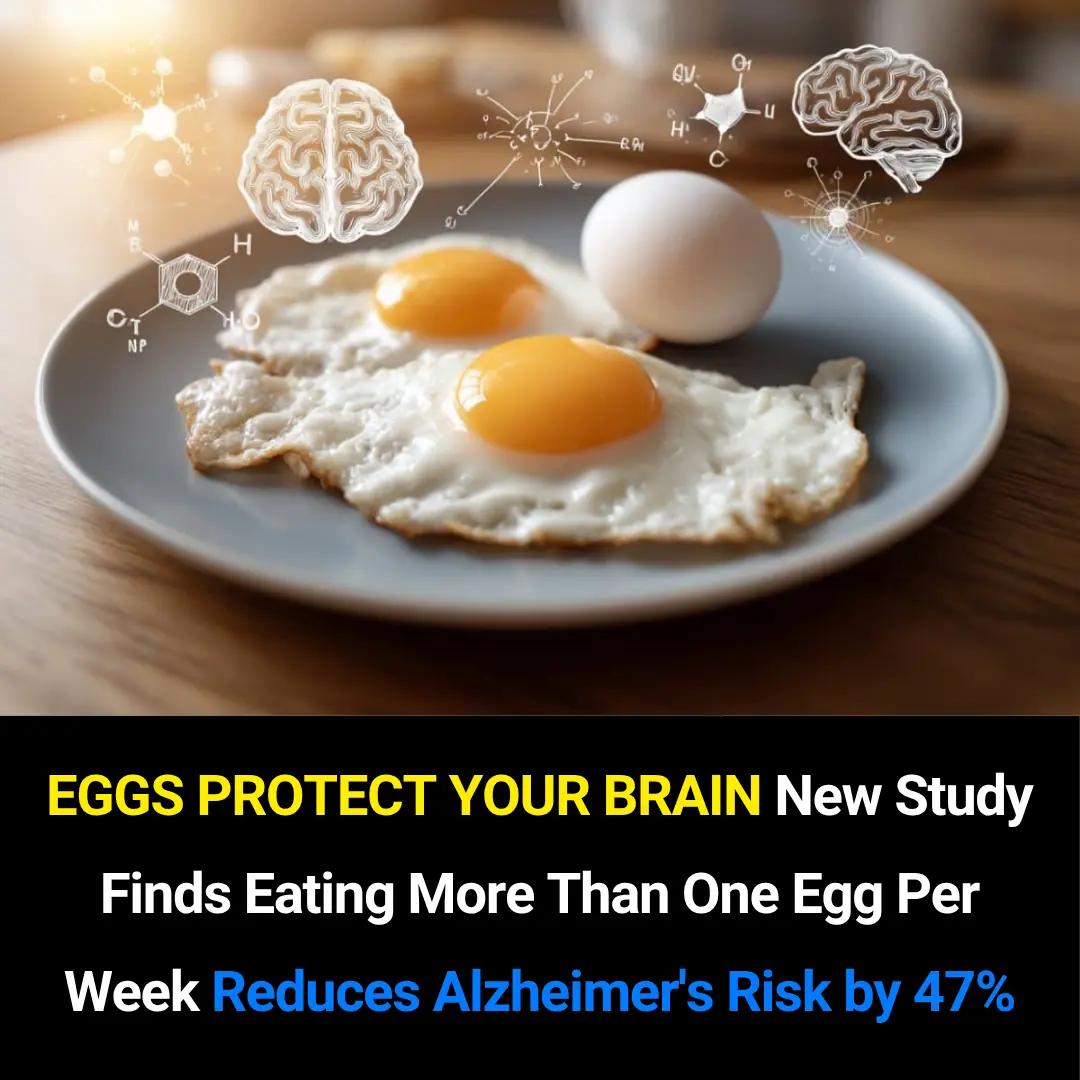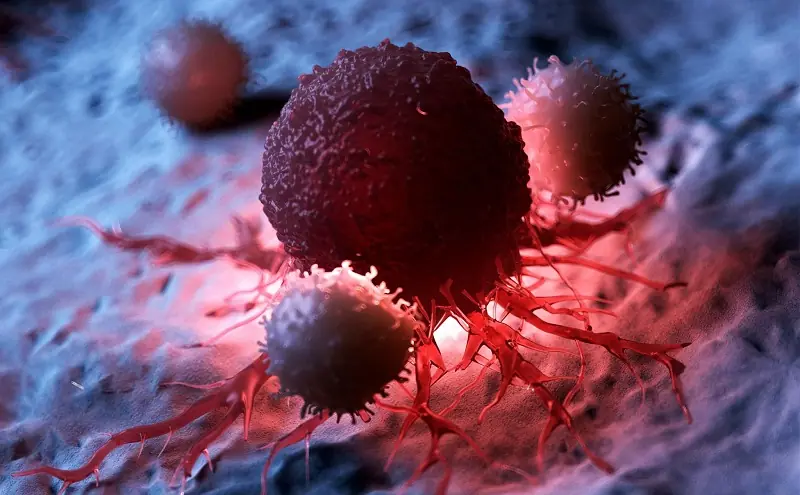
Eggs in Pregnancy: How They Can Supercharge Your Baby’s Brain Development
Eggs in Pregnancy: How They Can Supercharge Your Baby’s Brain Development
Exciting new research suggests that when expectant mothers include eggs in their pregnancy diet, they may be giving their babies a significant cognitive advantage. Eggs are rich in essential nutrients like choline, high-quality proteins, and healthy fats — all of which play key roles in early brain development, memory, learning, and overall infant cognitive function.

Why Eggs Matter During Pregnancy
One of the most critical nutrients in eggs is choline, which supports the growth of neural connections, brain-cell development, and neurotransmitter production. Research from Cornell University shows that when pregnant women take higher amounts of choline—equivalent to roughly double the currently recommended intake—their babies show faster information processing speed in infancy. PubMed+2human.cornell.edu+2
In a controlled feeding trial, mothers consuming about 930 mg of choline per day during their third trimester (versus 480 mg) had infants who, at 4, 7, 10, and 13 months, consistently reacted more quickly in visual tasks — a signal of faster neural processing. PubMed
Beyond choline, eggs contain other brain-friendly nutrients. For example, lutein and zeaxanthin, carotenoids found in egg yolks, have been linked to better cognitive function and brain maturation in infants. PubMed A study with pregnant women also found that the combination of choline, lutein/zeaxanthin, and DHA (another nutrient in eggs) predicted better fetal brain maturation. PubMed
Long-Term Cognitive Benefits
The benefits of choline don’t stop in infancy. A follow-up study from Cornell tracked children up to age seven and found that those whose mothers consumed more choline during pregnancy performed better on sustained attention tasks compared to kids whose moms had lower choline intake. news.cornell.edu+1 This suggests that prenatal choline might help program certain cognitive abilities that endure well into childhood.
However, systematic reviews of human studies show mixed results, with not all trials finding strong effects on child development. PubMed A meta-analysis also pointed out that while higher maternal choline intake is likely linked to better memory, attention, and visuospatial learning in children, the evidence is not yet definitive. PubMed
Animal Models Reinforce the Findings
Animal research supports the idea that maternal choline and egg nutrients matter a great deal. For instance, a study in pig models found that when mother sows were fed egg yolk during gestation and lactation, their offspring showed enhanced brain connectivity and better memory performance. PubMed Other rodent studies also show that prenatal choline improves memory, neural plasticity, and gene expression related to brain development. MDPI+1
Practical Implications: Nutrition Tips for Expectant Mothers
Given the growing body of evidence, nutrition experts suggest that adding eggs to a balanced prenatal diet can be a smart, low-cost, and effective way to support both maternal health and your baby’s brain development. According to the Egg Nutrition Center and World Egg Organization, eggs are among the best natural sources of choline, and including one a day could help many pregnant women meet recommended choline intake. World Egg Organisation+1
Of course, eggs should not be the only source — they work best as part of a varied diet rich in other nutrients. And while choline supplements exist, it’s always wise to discuss supplementation with your healthcare provider.
Risks, Limits, and What Researchers Warn About
-
Most research so far is observational or from small trials, meaning it’s hard to draw absolute conclusions. PubMed
-
The optimal dose of choline during pregnancy is still debated, and very high intake may carry risks (so it’s not a “more is always better” situation).
-
Not all prenatal vitamins include choline, so relying only on them might not be enough — dietary intake (like eggs) remains important. cals.cornell.edu+1
The Bottom Line
Mothers-to-be looking to give their children a strong cognitive start should seriously consider including eggs in their prenatal nutrition plan. Rich in choline, lutein, healthy fats, and high-quality protein, eggs provide a powerful and accessible way to support brain development from the womb onward. While more large-scale research is needed, current studies strongly suggest that a seemingly simple dietary change can have a lasting, positive impact on your baby’s future learning and memory.
News in the same category


Scientists Achieve Breakthrough in Reversing Human Skin Cell Aging by 30 Years: A New Era for Anti-Aging and Regenerative Medicine

Eating Eggs Weekly May Reduce Alzheimer’s Risk by 47%: What New Research Reveals

The best way to lower blood sugar fast!

Signs of pancreatic cancer you should never ignore

Top 3 Foods to Prevent Leg Cramps in Seniors: Strengthen Your Legs Naturally!

5 Herbs Your Liver Wished You’d Start Eating More Often (Or At Least Try!)

Top 10 foods that unclog arteries naturally and prevent heart attack

Top 10 Uric Acid Foods To Avoid If You Have Gout

The natural ingredient that helps you sleep through the night and boosts fat burning

Cancer Dies When You Start Eating These 8 Foods. Time To Start Eating Them

Your Feet Are A ‘Blood Sugar Meter’ – Beware Of Diabetes If You Frequently Experience These 12 Symptoms

What are the symptoms of diabetes?

Shoulder Pain from Sleeping: Causes, Solutions and More

6 Trigger Foods That Cause Agonizing Pain If You Have Neuropathy

Early Signs of Kidney Disease & How to Protect Your Kidneys

A Gentle Drink for Circulation, Balance, and Heart Wellness

5 Herbs Your Liver Wished You’d Start Eating More Often (Or At Least Try!)

This one vitamin could help stop you from waking up to pee every night
News Post

Maintain Your Thyroid in Top Condition with This Juice

Celebrity MasterChef host Grace Dent’s life off-screen – Meeting her partner, ex-husband and tragedy of losing her parents

April in danger: Fans think unlikely character will rescue her after tense Emmerdale scenes

The Man in Dust and the Princess in Pink.

The Day Colin Farrell Chose Love Over Wildness.

The Man Who Began His Life in Chains and Ended It as an American Art Legend.

All-new Emmerdale spoilers for next week: Horrifying death twist for Bear and Robert plots to get rid of Kev for good

Unlock Energy Savings: How Proper Use of Your Refrigerator’s Temperature Control Button Can Cut Costs

Scientists Achieve Breakthrough in Reversing Human Skin Cell Aging by 30 Years: A New Era for Anti-Aging and Regenerative Medicine

Eating Eggs Weekly May Reduce Alzheimer’s Risk by 47%: What New Research Reveals

The Little Warrior and the Leather-Clad Angels.

The Miracle in the Storm.

A Blanket in the Cold.

Experts reveal 10 baby names parents should avoid in 2026 as popular names that are set to go extinct revealed

The Real Reasons Men Stay in Relationships With Women They Don’t Love

The best way to lower blood sugar fast!

Signs of pancreatic cancer you should never ignore

Ariana Grande’s ‘Wicked’ costar speaks out after Singapore attack on actress: ‘You’re a bad person’
